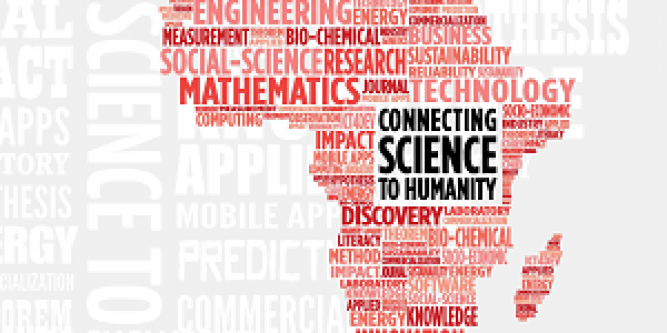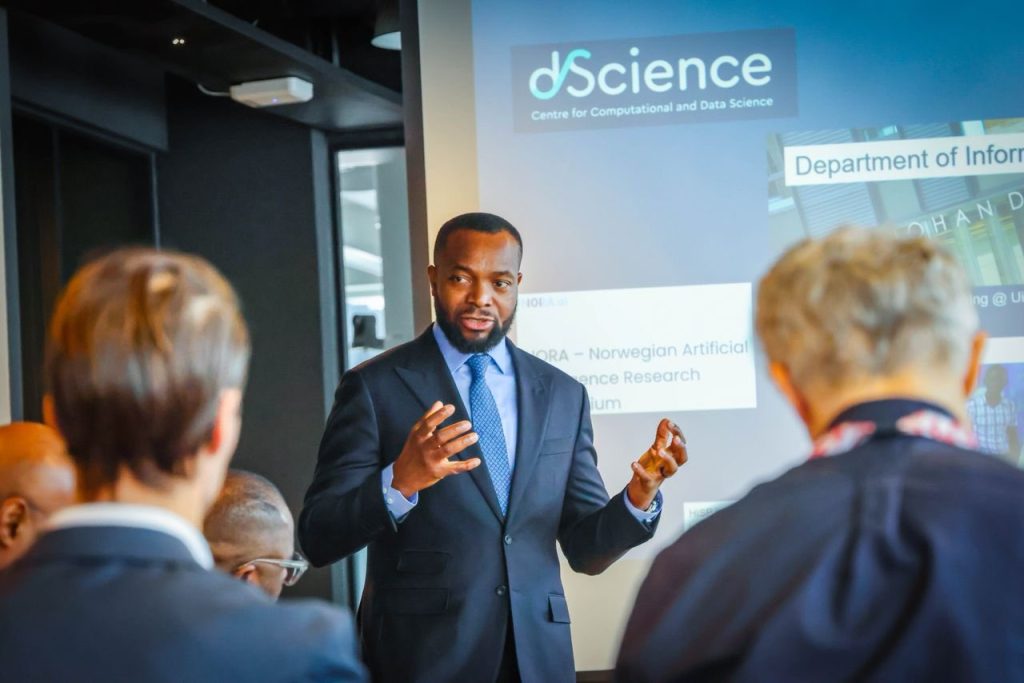Tomorrow, Africa welcomes the world to continent’s premiere science and technology forum at The Next Einstein Forum’s Global Gathering in Dakar, Senegal. Issuing a firm call to action to industry influencers, policymakers and business leaders to close the continent’s STEM deficit, the conference will seek to trigger increased support and investment in R&D and STEM (Science, Technology, Engineering and Mathematics) fields in order to propel sustainable growth. NEF believes that Africa can be home to the next scientific genius and game-changing innovation. Given the following reasons, it’s hard to argue:
1 – Africa is a Living Lab: When news of Ebola broke out, it seemed to spell doom for a lot of countries, but in many ways it was déjà vu. The disease was first discovered in 1976 in Nsara, in what is now South Sudan, yet almost 40 years later, Ebola resurfaced as a global epidemic. It’s a similar story with Zika – a newly re-emerged disease that was discovered decades ago in Uganda. When media reports pinpointed Africa as the original source of both diseases, many Africans weren’t pleased at the perceived “blame game.” As the birthplace of humanity itself, it shouldn’t come as a surprise that we can trace the roots of many diseases to the continent. What’s more puzzling is why we haven’t been able to similarly look to Africa for the cures. One can argue that because the diseases were confined within African borders, finding pre-emptive cures were not high on the priority list for the global scientific community. However in today’s connected world, ignoring Africa’s potentially game-changing role in scientific discovery is a missed opportunity that not only costs resources but also lives. African scientists – who are inspired and affected by their environments – should be on the frontlines, seeking solutions that are locally impactful and increasingly global relevant.
2 – African Women in STEM Slay: Globally, women are under-represented in the science field representing just 28% of the world’s researchers. In Africa, the story is no different – and even more aggravated by culture. However, while Africa only contributes 1% of global scientific research, a talented pool of young female scientists are rising above the challenge and driving Africa’s science renaissance. These women are setting the pace in their various fields – like Alta Schutte, the South African scientist studying trends in hypertension among the growing middle class and conducting the only baseline study measuring South Africa’s soon to be launched salt-intake reduction policy or Dr. Tolu Oni, the epidemiologist and researcher figuring out how to use culture and society to solve public health concerns that arise from the developing food insecurity and obesity paradox. Being a woman on the African continent provides experiences of how homes are run, what children need, and a connection to the community. These experiences feed our female scientists with nuances that may affect treatment, which may not be so apparent to their male counterparts. These differing experiences point back to the need for inclusive representation and a diversity of ideas – not just from women but all Africans – to be able to provide better rounded contributions to science.
3 – Because, Money: Did you know it takes 4 billion dollars a year to hire expats to work STEM jobs on the African continent? 4 billion dollars – basically losing 35% of aid to Africa received every year! This includes payments for swanky apartments, danger pay, and salaries comparable to if not more than what they would earn in their home countries. Now do that math, and strip all the extra expenses, and then think about what African governments could do with that. With the fall in African currencies, it is more critical now than ever to invest in our local talent, with funds that would go to temporary expatriates. If we spent half of what we paid expatriates there is no way we couldn’t entice and encourage more talent to go into STEM. In the long term, this would be the only path to sustainable and ongoing technological advancement and would allow more scientists to compete on the global stage.
4 – We are Young and Hungry – For Success: The continent is the youngest in the world. In 2050, 40% of the global youth will be African yet today, 60% of Africa’s unemployed are between 15 and 24 years old. This is either a demographic dividend, if the talent is developed, or a major loss if the next generation is left behind their global peers. Bottom line, Africa can’t afford to sleep on this talent – one only has to look at the make up of top institutions like Oxford, Harvard, MIT and Stanford to see the majority of black student populations at the top of their class are from the continent. This is no coincidence, but a testament to the hard work, smarts, and capabilities of our youth with the right investment.
5. Science Can Prove the Africa Rising Theory: Thanks to a thriving start-up culture and a surplus of commodities, the African Rising narrative has created a false sense of growth and development that is now losing its luster. Unlike countries like South Korea that have become global economic players in just a generation – thanks in part to deliberate increased investment in R&D and STEM fields – Africa’s growth remains stunted as governments still commit less than 1% of GDP to science research across the continent. Africa’s science challenges are daunting but also represent a significant opportunity for sustainable development and global competitiveness. There is a tremendous opportunity for Africa to advance STEM and innovation by building on its wealth of human capital. This can be done by affirmatively expanding opportunities for promising young students and researchers, increasing government investments, implementing policy and strategically collaborating with international private and public sector partners to enhance its achievements.
Lend your voice to the cause and call on African governments, leaders, and youth to embrace and support a new era in science, technology, and innovation. Sign and share the IamEinstein.org petition – because we can no longer silence #AfricasEinsteins.

















